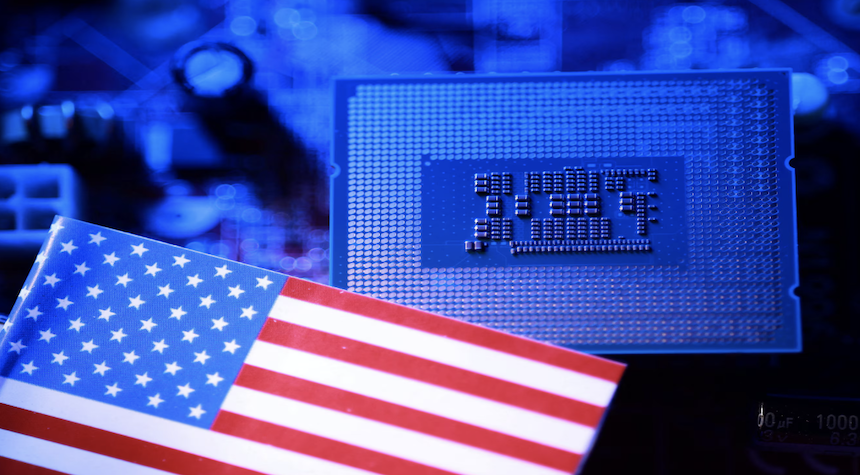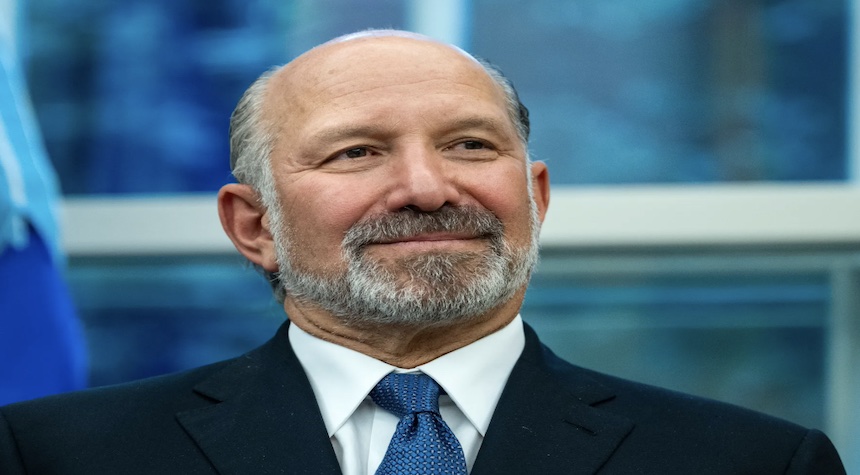Commerce Secretary Howard Lutnick stated on Tuesday that Pentagon officials are examining whether the federal government should acquire equity stakes in major U.S. defense contractors.
The discussion follows President Donald Trump’s announcement last week that the government will acquire a 10% equity share in Intel, the U.S. semiconductor company.
Speaking on CNBC’s Squawk Box, Lutnick was asked whether similar arrangements could apply to defense companies.
“Oh, there’s a large discussion about defense,” Lutnick said. “Lockheed Martin makes 97% of its revenue from the U.S. government. They are essentially an arm of the U.S. government. They make highly advanced munitions that can intercept missiles.”

Lutnick added that decisions on defense-related equity stakes would rest with Defense Secretary Pete Hegseth and Deputy Secretary Steve Feinberg, noting, “These guys are on it and they’re thinking about it. There’s a lot of talking that needs to be had about how we finance our munitions acquisitions.”
Lockheed Martin, RTX, Northrop Grumman, General Dynamics, and Boeing are among the top U.S. defense contractors.
The Commerce Secretary also defended the administration’s recent move involving Intel. The company had previously been designated to receive federal funding under the Biden administration’s CHIPS and Science Act, which provides support to expand domestic semiconductor manufacturing.

Lutnick contrasted that with the Trump administration’s approach, saying the equity stake ensures a return on federal investment. “The Biden administration gave Intel an $11 billion grant to help build semiconductors in America,” Lutnick said. “Donald Trump sat in the room with me and Intel’s CEO Lip-Bu Tan and said, ‘We have to make it fair for America.’ We agreed, and the government received 10% of the company, valued at $11 billion.”
He rejected the idea that the government’s Intel stake was acquired at no cost, emphasizing that the funds had already been allocated under existing law. “It’s correct that the Biden administration had contracted $11 billion, and the Trump administration turned that into $11 billion of equity. The money was already out the door,” Lutnick said.
He concluded, “The key question is where the United States is adding fundamental value to a business. If that value is there, it’s fair to consider what the American people receive in return.”


